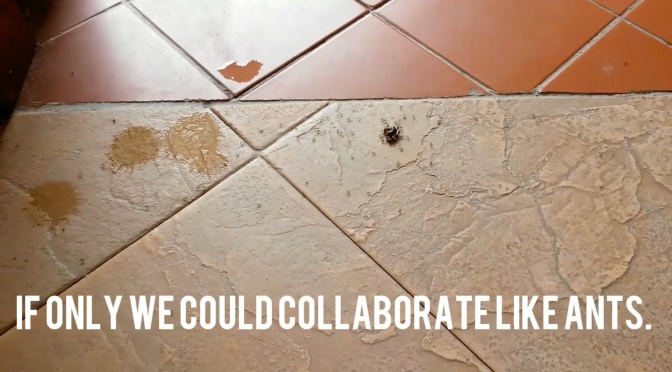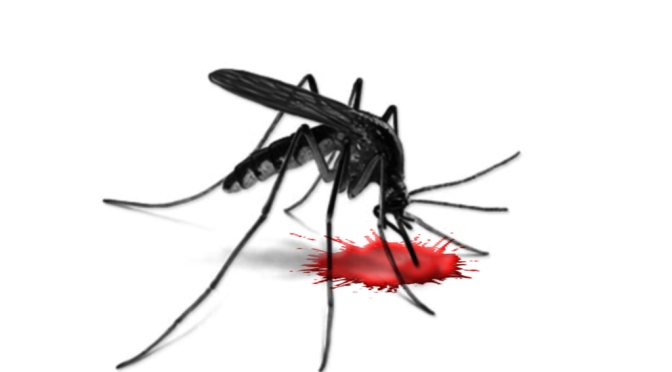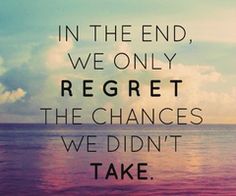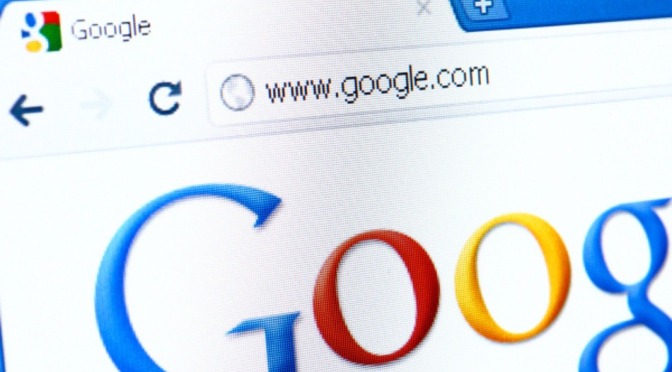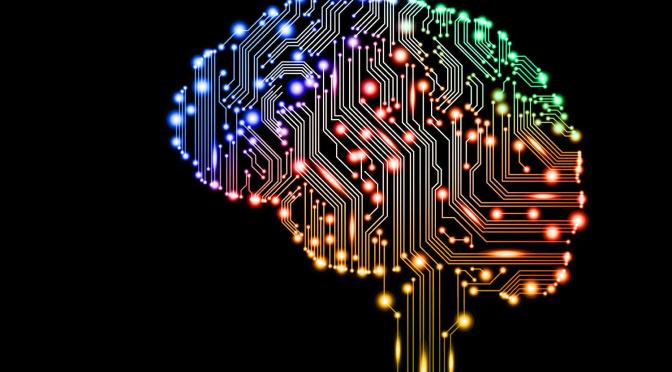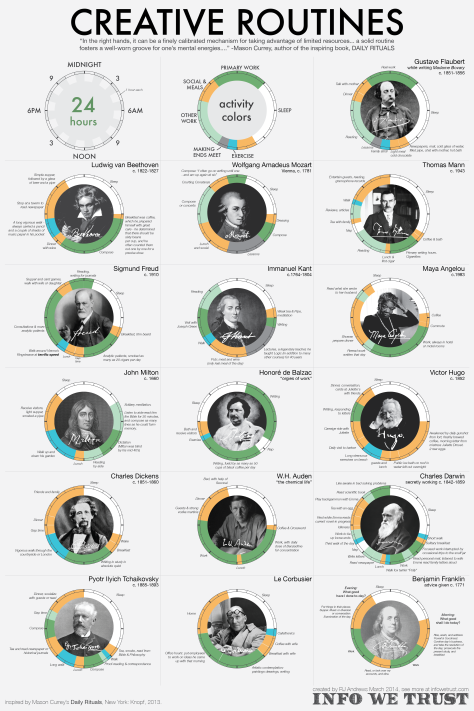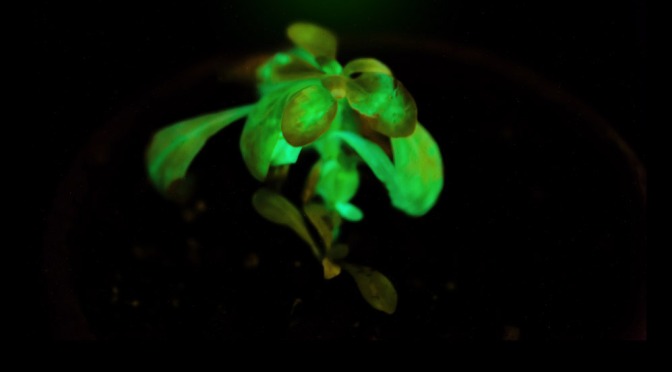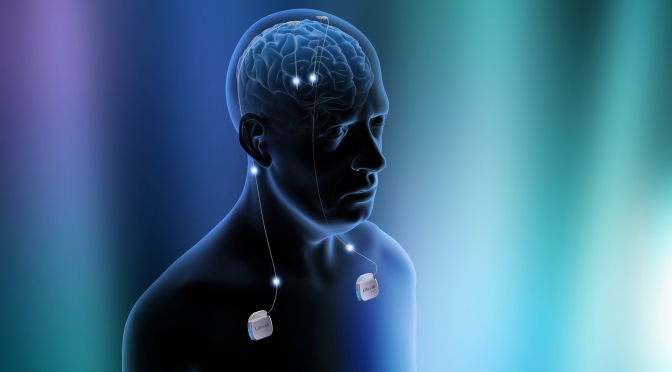Imagine what we could achieve if our society was as collaborative as these ants. If only… Teamwork is KEY to innovation.
All posts by N-allaround
New Approach to Possibly Eredicate Malaria altogether
Malaria is a well-known, deadly disease that has been torturing humanity for ages. The combat against this disease is an ongoing fight, but a Dutch research group decided to approach the problem from a totally different angle, and developed an innovative and promising approach.
Instead of focussing on treating and curing patients or attacking the mosquitos (who, after getting the parasite from a patient infect other people), they focus on fighting the parasite and so preventing the infection of mosquitos; thereby targeting the spreading of the disease. As the mosquitos themselves only live for about 3 weeks, this means that (once trials are successful and the resources are there to work this out on a global scale) we might be able to combat malaria for once and for all within a considerable timeframe.
The idea is great, a typical example of thinking out-of-the-box — being creative with the knowledge you have and taking a different perspective. Research and trials are well on their way, and the funding that epidemiologist Teun Bousema recently received through the Gates award gives him the opportunity to develop this concept in what may become a groundbreaking project writing history.
Life is Unfair – I Hate to Say It, but Luck is a sure thing
Life is unfair. It totally is. And there is not much we can do about it, which is kind of a depressing fact. 298 people just died. For nothing. Literally shot out of the air for no particular reason. At least not a reason they had anything to do with. People are dying of cancer and a whole lot of other shit of stupidities. Some because they chose an unhealthy life style, but most of them simply because they just happen to be a side-effect of evolution, as John Green once put it. So plainly put, there are the lucky ones and the unlucky ones. I guess you often don’t really know which category you belong to until it’s too late to be aware of. As for now, I can count myself among the lucky ones. That is not to say that everything I have and did in my life is determined by luck, as it may appear to some – I sure as hell worked very hard to get and achieve certain things which make me who I am today. Nevertheless, I am healthy, I have a great family that supports me both in what I do and financially, I was born in a great country, I guess I’m sort of, although probably not the most beautiful around, lucky with my looks. I was not on that plane three days ago.
Though I do think about this stuff every once in a while, the plane tragedy and a book I just read made me utterly aware of this fact of life again. Almost making me feel ashamed with my lucky position in life (so far, I guess I have to add to not invite fate to turn against me). Life is unfair. It totally is. Therefore, I embrace it as much as I can, and will continue to do so. I will make as much out of it as I can, both for myself and the people around me. We owe that to all those unlucky ones, who didn’t get the chance to do so.
Continue reading Life is Unfair – I Hate to Say It, but Luck is a sure thing
Google: Isolation, Transparency, Overload, or Selective Encyclopedia?
This month the European Union Court of Justice ruled that Google has to remove their search results if demanded, and hereby granted the ‘right to be forgotten online.’
Google responded that, “This is a disappointing ruling for search engines and online publishers in general.”
While Google is the nr. 1 resource for major parts of the world, it has had – rightly so – quite some questioning over the past years because of its ‘search personalization.’ Your search results are tailored by previous searches you have performed. Many people, still, don’t know this. While in many cases effective and relevant for both searcher and content out there, this search personalization also resulted in a certain degree of ‘bubbliness’ in searching. People who are, for example, very interested in Christianity will mostly find information from sources related in someway to their earlier (Christian) searches, and thus only get more entangled in related believes, opinions, and information, both restraining them from different perspectives and giving them a crooked world-view — resulting in a degree of isolation.
Yet, if you search through a different google account or from a different computer, you could still easily access the other information out there.
However, with this new development in Google’s rights this selectivity is taken to a whole other level. In a way this would mean the end of the Internet as we know it. Just as news-agencies now a days (greatly) determine how we see the world (e.g. we only know and see the conflicts in the Middle East through the images and texts the media present us with — news agencies are the lenses through which we view the world ‘out there’), this next step will close our access to the ‘real world’ even further down.
Although I strongly believe that the internet and technology are very powerful tools that we should treat and use with care, I am also convinced that transparency to a certain extent, despite the overload of information it’s currently resulting in, is crucial.
Have you ever given your search results a second thought? What do you think about this development?
Continue reading Google: Isolation, Transparency, Overload, or Selective Encyclopedia?
From Smog to Clean Air and Diamonds
The Smog Project — a project that creates 75% cleaner air and diamonds.
Air pollution is a phenomenon we all know. Most of us are aware that, probably, we should be doing something about it, but the real treat of global warming seems to be too distant for many to actually take considerable action. Still, we all know how refreshing it can be when you escape from the city for while to enjoy the ‘fresh’ air in rural places or at the beach.
Daan Roosegaarde, also involved in the glowing-plant project I blogged about earlier (yes, it seems like he is on his way to master innovative thinking), decided to address this urban pollution problem in an ambitious project to create smog-free parks in Beijing.
Not only will this result in ‘clean’ recreation areas for residents, an integral part of the project also includes the creation of diamonds from the residues of charcoal, which is a major component of the black dust.
By buying a designer smog-ring,
“you are buying a cubic kilometer of clean Beijing air” (Roosegaarde)
According to Roosegaarde, the rings are the “aware makers.”
Lasers installed on top of the centre-tower in the park(s) visualize the clean air (laser beams cutting through air only show for the human eye when they ‘hit’ particles).
The first pilot version of the park should be up and running by the beginning of next summer, and the first rings should be available by the end of 2014.
Another piece of innovative thinking with high potential for the community.
What do you think, will this project be as promising in practice as it appears to be in theory?
Check the full article here.
Artificial Intelligence: Exciting or Frightening?
Artificial Intelligence (AI) — a fascinating topic, which I keep having trouble with wrapping my head around, perhaps because I simply don’t know enough about it.
I just watched Her from Spike Jonze, a beautiful and fascinating film that I would totally recommend watching, and it made me think again about the insane speed of technological development and the question whether we will ever create something that is smarter than us and will eventually overpower ourselves? And in turn, whether that would be a bad thing, or whether we should just consider that as some new development in Darwin’s evolutionary theory?
The biggest issue in this whole debate is the idea of machines or operating systems developing a conscience and way of independent reasoning — together with their ability to learn by experience, could this be potentially problematic to the world as we know it now: where we control merely everything that’s artificial?
People have been exploring this possible potential path in technological development for years, especially in science-fiction. Think, for example, about supercomputer Hall from Kubrick’s 2001: A Space Odyssee. In his article Is Google Making us Stupid (2008), Nicholas Carr parallels his own mind and what the internet does to us to the character of Hall. Carr describes his “uncomfortable sense that someone, or something, has been tinkering with my brain.” He compares his feeling with the famous scene with supercomputer HAL, where astronaut Dave Bowman is disconnecting the memory circuits that control HAL’s artificial brain. Carr states, “My mind isn’t going – so far as I can tell – but it’s changing. I’m not thinking the way I used to think.”
I’m sorry, I’m wandering off topic to an entirely different trend that’s going on, which is also very interesting but we’ll save that for another time (I can suggest some readings on that one if you are interested).
Let’s get back to the relevance of 2001: A Space Odyssee for the future of AI. I guess the biggest question right now is, once we are at the point where operating systems can develop independently, will we still be able to pull the plug, like Bowman does with HAL, if needed or desired?
Please note I’m not arguing against AI or to stop technological development altogether, at all — it allows us to do a lot of amazing things in many different fields (more about AI in general in the video below). As I mentioned before, I’m just not quite sure yet what my stance on this issue is. I am sure that I find this a fascinating topic — the dazzling speed of technological advancements is starting to blur the line between science-fiction and science-prediction.
Curious to see what you think about (the future of ) AI. Call out!
Creative Routines
Are you having trouble to tap into your own creativity or genius insights? Perhaps a different day rhythm will help you to find your creative flow. Check out this great info-graphic, which shows the day-cycles of a bunch of pretty great historical figures, such as Charles Darwin, Sigmund Freud, Ludwig van Beethoven, Immanuel Kant, Charles Dickens, and more.
Check the source-article here: http://infowetrust.com/2014/03/26/creative-routines/
Do you already have an efficient routine? Share your thoughts on what works for you.
Light Producing Plants as Future Streetlights
Genetic modification, in my eyes, has besides far-reaching possibilities possibly even more far-reaching concerns. However, over the past years scientists used our knowledge of genetic modification in a very innovative way, and this year Dutch designer Daan Roosegaarde takes their results to another level — looking into possibilities to light our world with glowing trees instead of street-lights (Article).
This is one of those simple ideas that is just genius. Someone came up with the idea of using genetic engineering techniques to insert genes from e.g. glowing jellyfish or fire flies into the DNA of plants, and over the past years several research groups (bioglow, glowingplants) ‘simply’ did this, which resulted in literally glowing plants.
This new definition of natural sustainable light is hard not to consider as a ‘break-through,’ and it may very well dictate our street-view within the next 15 years or so.
Check this video in which Daan Roosegaarde shortly talks about glowing plants and his ideas at South by Southwest.
This could potentially save tons of money considering the cut on electricity, not to mention the pros nature-wise — more trees, less waste; more oxygen, less CO2.
What do you think? Are these ideas with realistic potential?
Connections: the core of ‘thinking’ – Deep Brain Stimulation
Connections are not only the key in creative and innovative thinking (see Welcome), but also form the core of thinking itself. Brain activity (‘thinking’) is, simply put, a pathway(s) or connection(s) that is active. The so-called firing of action-potentials in neurons (=activity) allows us to think, perform the tasks we do, and function altogether.
Many psychiatric disorders as well as neurological disorders (in my opinion these disorders lie on one big grey continuous spectrum, but for some clarification/discussion I would like to refer you here) result from an imbalance in these connections. Over the past three decades scientists have been busy developing a treatment called Deep Brain Stimulation (DBS), with which they can interfere with these connections and alter their connectivity – ideally of course reversing the imbalance. Although there is still a lot to discover — even the exact effect DBS has is still under debate — it is a very exciting and possibly promising approach.
This entertaining but above all informative TED-talk by neurosurgeon Andres Lozano gives you a bit of an idea of what DBS entails and the remarkable results trials have shown.
Besides a possible novel treatment option, DBS also allows for a possibly better understanding of how connectivity in the brain works. Especially in combination with imaging techniques such as DTI (Diffusion Tensor Imaging) DBS research may be able to give us valuable insights into one of the core fundamentals of our brain — the way we are wired: connectivity.
Altogether, exciting stuff on the key idea of this blog: connections.
However, in this case it is not about making connections when creatively thinking about things but about the act of thinking itself: connectivity in the brain.
Welcome!
Hi there,
Welcome. This will be a pretty all-round blog, talking about the things that interest me. As I am one of those people who has way too many interests, my blogs will most likely be about somewhat diverging topics. The key categories will be: Medical Science, Technology, Innovation, and Film (with every now and then some theatre).
The one common denominator, which made me start this blog in the first place, is ‘connections.’ Nowadays, there is such an abundance of information and knowledge, both in the community and within particular fields, that we’re close to losing track and control over what is out there and how we can best use it to develop, enhance, and recreate our lives. As a result, the key to innovation these days seems to lie in making the right connections rather than in inventing something from scratch. Take a step back, see what’s out there, combine knowledge or tools that are already out there in a creative and valuable way, and you might very well come up with the most simple but genius solutions and inventions.
Voltaire already said it years ago: “Originality is nothing but judicious imitation,” and the big shooters from this era took that very same approach: “Creativity is just connecting things” (Steve Jobs).
On this blog I will post things I come across that are somehow related to this topic, merely within the three categories mentioned above. Oftentimes, it will concern examples of what creativity can lead to, which to me forms a great source of inspiration for using this very type of thinking.
Enjoy! Hope to see you back soon.
